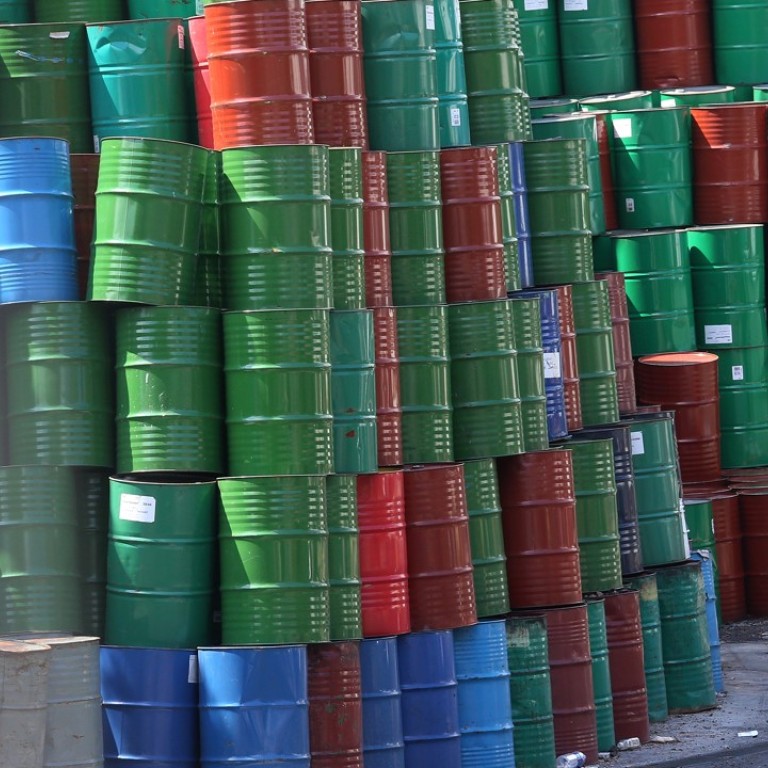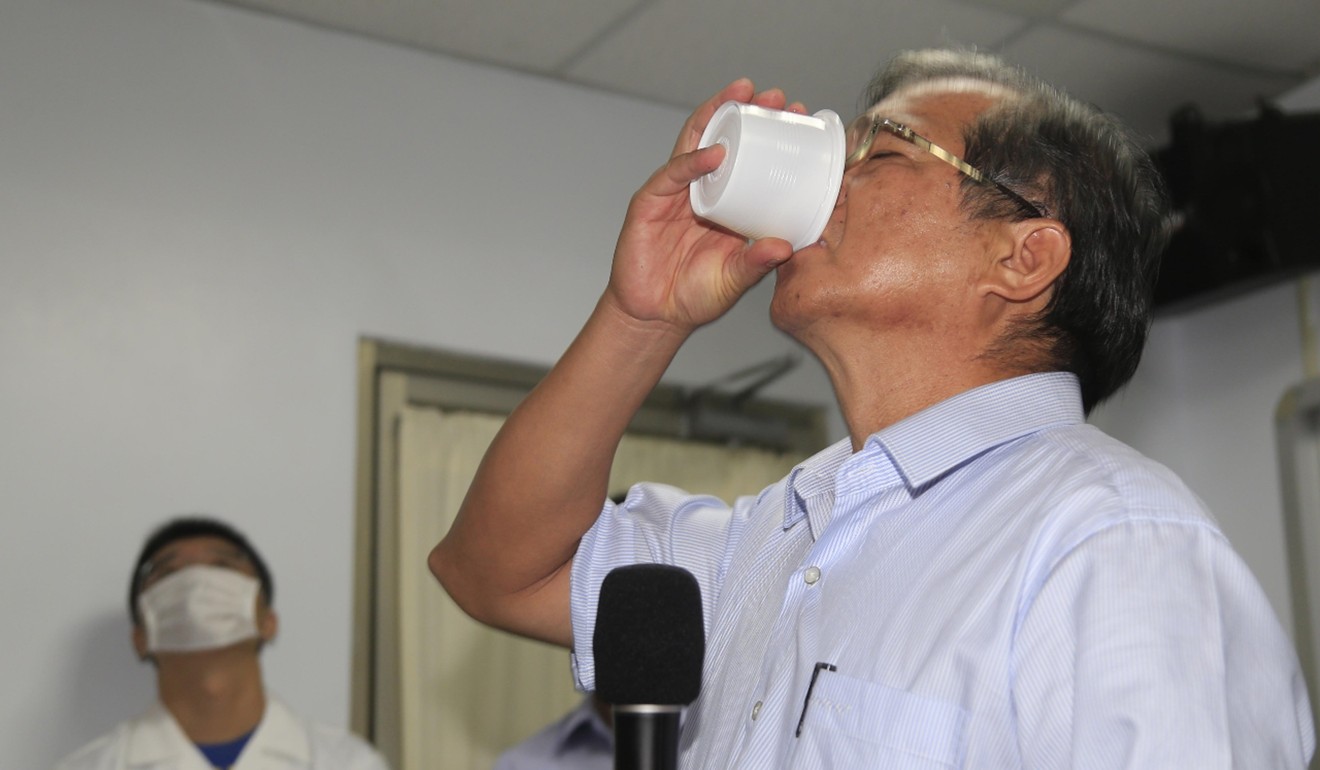
Food officials slammed by Hong Kong watchdog for not updating lists of ‘gutter oil’ traders in 2014 scandal
Government said it had sought to avoid a crisis in consumer confidence, but watchdog called decision not to update list of those involved ‘unreasonable’
Hong Kong food officials were slammed by the city’s Ombudsman for a lack of transparency in not publishing updated lists of local traders involved in Taiwan’s “gutter oil” scandal of 2014, after it was discovered the number of involved firms had grown.
After news broke of Taiwanese food companies selling and using substandard cooking oil in September 2014, the Food and Environmental Hygiene Department issued a food safety order banning the import and supply of all cooking oil products manufactured by a Taiwanese company involved in the scandal.
The department also released a list of traders in the city who might have sold or used the products manufactured by the company.
Two subsequent food safety orders were issued after it was revealed additional Taiwanese companies had been involved in the production and use of gutter oil. The department took action by recalling the affected products and banning their import and sale. It later applied a blanket ban on all cooking oil products from Taiwan.
However, the department did not publish an updated list of involved local traders following the second and third orders.

The government watchdog said the department should have released a list of all the city’s traders dealing in substandard cooking oil simultaneous with the orders.
However, the department defended its decision by saying it had to balance between “consumers’ health and consumers’ right of food choice ... to avoid causing a confidence crisis among consumers and in the market”.
The watchdog claimed the department’s “primary duty was to protect public health and safety” and that it should have acted so consumers could learn to distinguish food items that might have posed a health risk and know which traders were no longer supplying questionable food products.
The gutter oil scandal broke in the autumn of 2014, when at least 240 tonnes of the drainage oil – recycled from kitchen waste and animal by-products such as pig skin and meat offal from slaughterhouses by an unlicensed factory – were found to be sold to a well-known Taiwanese supplier of edible oil, Chang Guann.
The company used the gutter oil to produce 780 tonnes of edible lard oil, which was sold to food companies, eateries, night markets, schools and military compounds in 22 cities and counties in Taiwan.

